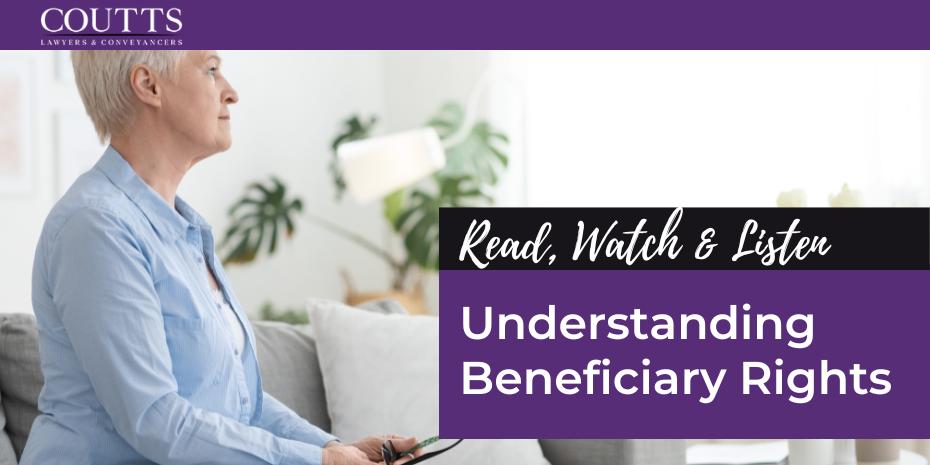KEY TAKE-OUTS
- People that own overseas assets may have the opportunity to include those assets in their Australian Will.
- In some cases, however, the overseas assets are not able to be included in your Australian Will because that particular country does not form part of the list prepared by the International Wills Convention.
- When people want to prepare their Will, it is important to disclose all your assets to your legal practitioner so that they can advise you whether your overseas assets can be included in your Australian Will.
Ensuring Your Overseas Assets are Accounted for in Your Will
Many Australians have ties to countries outside Australia and in those countries, they may own assets such as real estate or shares. When preparing your Last Will and Testament, you may be wondering what happens to your overseas assets.
With Estate Planning, there are two methods that we can use to ensure that your overseas assets are accounted for, including:
- A paragraph in your Will that includes your overseas assets; or
- A paragraph in your Will which excludes assets in a particular country so that your Australian Will does not affect your overseas assets.
The two methods above are governed by the International Wills Convention (Convention Providing A Uniform Law On The Form Of An International Will dated 26.10.1973) (“Convention”). This Convention provides an extensive list of countries that can be included in Australian Wills. This means that your Will in Australia will also act as the directions for the overseas assets in the specified country and therefore you are not required to complete a Will in that particular country.
However, with the countries not included in the Convention, you are not able to account for those overseas assets in your Australian Will and you should include a clause to exclude that country from your Will. This exclusion clause will mean that any Will prepared in that country will not be cancelled out by your Australian Will and that both the Wills (the Australian one and your overseas one) will be used side by side.
If you do not adequately dispose of all of your assets, it may be found that your estate is a partial intestacy, meaning that you have not adequately disposed of all of your assets and your Executor will need to conduct two (2) types of processes through the Court to ensure all of your assets are correctly disposed of.
If you are able to include your overseas assets in your Will, a second document must be prepared and signed, which is referred to as an ‘International Wills Certificate’. This certificate must be signed by an Australian Legal Practitioner or Public Notary, as it stipulates that the requirements of the Convention have been met.
Further, if you are including your overseas assets in your Will, then a requirement by the Convention is that you have two (2) independent witnesses sign the Will, as opposed to one (1) independent witness.
As a general guide, a list of the countries that can be included in your Australian Will are as follows:
| Belgium | Bosnia-Herzegovina | Canada |
| Croatia | Cyprus | Ecuador |
| France | Holy See | Iran |
| Italy | Laos | Libya |
| Niger | Portugal | Russian Federation |
| Sierra Leone | Slovenia | United Kingdom |
| United States of America |
Importantly, if you have assets overseas, it is important that you disclose all your assets to your legal practitioner so that they can advise you whether your overseas assets can be included in your Australian Will.
For further information please don’t hesitate to contact:
This blog is merely general and non-specific information on the subject matter and is not and should not be considered or relied on as legal advice. Coutts is not responsible for any cost, expense, loss or liability whatsoever to this blog, including all or any reliance on this blog or use or application of this blog by you.



